We are currently seeing the beginnings of a new Copernican revolution – the realisation that human minds are not the only ones, and that truly 'alien minds' are right around us on our home planet. This includes the minds of strange creatures like the octopus, and, you guessed it, those of bees.
Most people are now aware that bees are in trouble because of habitat loss and pesticides, and that this spells trouble because we need bees to pollinate our crops. But relatively few people know that these fascinating creatures perceive the world, and think and feel about it, in completely different ways from how we do, but these ways are no less valid.
Researchers over the last few decades probed deeper and deeper into these insects’ psychology, and this research has transfigured our view of other minds. We now know that bees can count, memorise images of human faces, learn how to use tools by observing others, and even display forms of culture. The observation that they are most likely sentient has important ethical implications for their ecological conservation.
We humans are only one of many thinking and feeling beings on Earth and we have a responsibility to protect the environments that have shaped the many other minds around us.
Bees' brains are unparalleled in the animal kingdom, in terms of the amount of material packed into their tiny nervous systems. In my book, I explore the psychological differences between bees and the ethical dilemmas that arise in conservation and laboratory settings, because bees feel and think.
If you like my new book, The Mind Of A Bee (£25, Princeton University Press), then I've put together this list of further reading that I hope will fuel your curiosity for learning more about the minds of the animal kingdom.
If you fancy browsing more great science reads, check out this list of the best science books.
Read more about bees:
- Listen to the Science Focus Podcast: Samantha Algar on how we can save the bees
- A 'supplement' for bees could save colonies from a deadly virus
- How do bees make honey?
5 of the best books on animal minds
Solaris
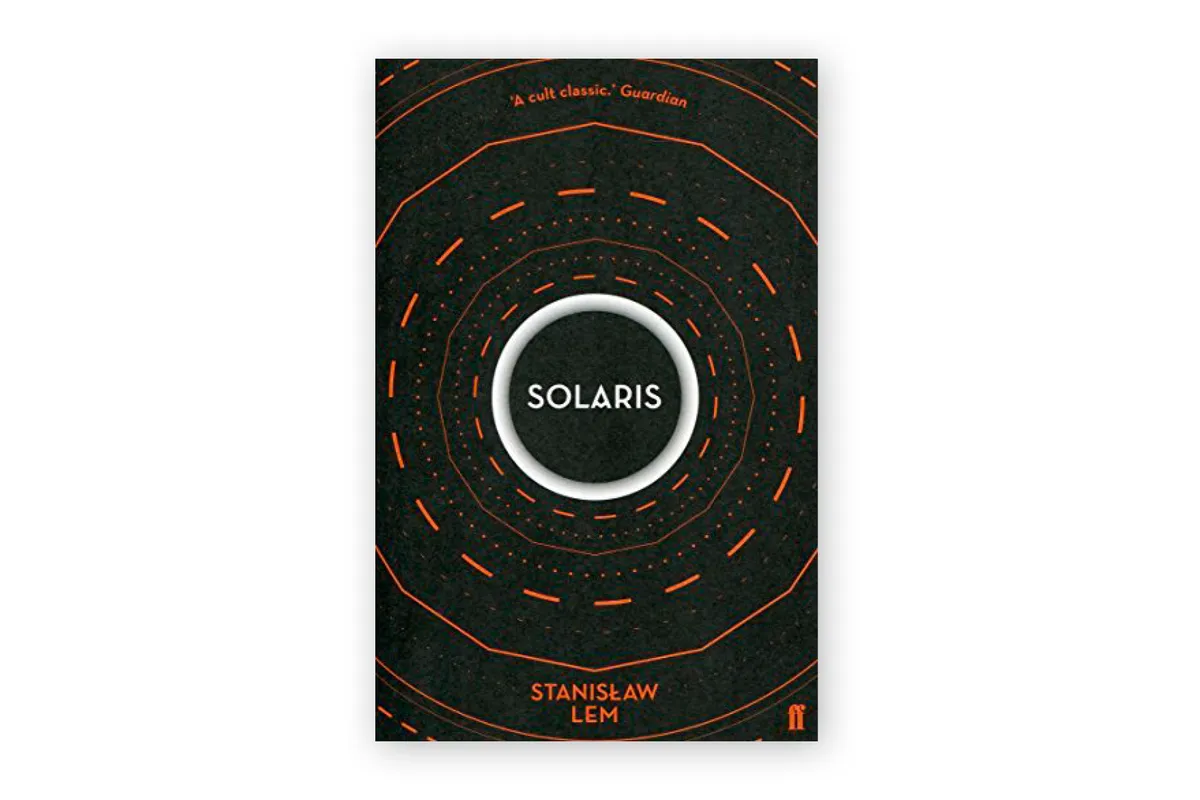
Stanisław Lem
Perhaps counterintuitively, I start my recommendations with an exceptionally thought-provoking science fiction novel. It is (among many other philosophical and psychological topics) about the futility of understanding other minds – in this case an alien one - by using only humans as a reference point.
As one frustrated scientist explains in the book: “We are only seeking Man. We have no need for other worlds. We need mirrors.”Indeed. If we want to understand other minds, we have to first understand what matters to them (not us). This is what the alien in the book attempts in communicating with humans – though in this case leading to psychological horror scenarios.
Are We Smart Enough to Know How Smart Animals Are?
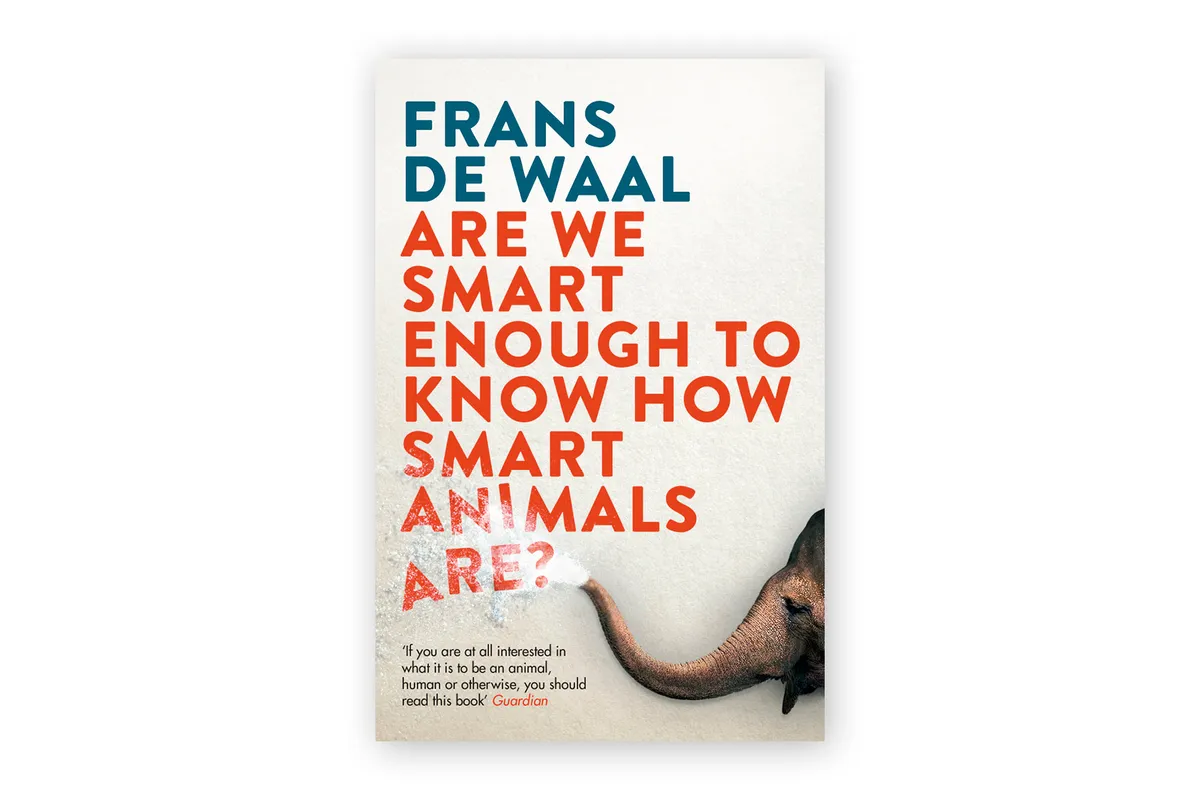
Frans de Waal
This book deconstructs the still widely-held belief that many aspects of human intelligence are unique to our species. Using examples from across the animal queendom, the author shows that abilities such as tool manufacture, mental perspective-taking, self-recognition, and forms of culture are present not just in us and our closest relatives, but have arisen convergently in a range of other animals.
The book is thus a thought-provoking counter to human exceptionalism and contains many pointers that whenever the environment of an animal requires this, evolution is likely to produce intelligent behaviour in a variety of forms.
Other Minds: The Octopus, the Sea, and the Deep Origins of Consciousness
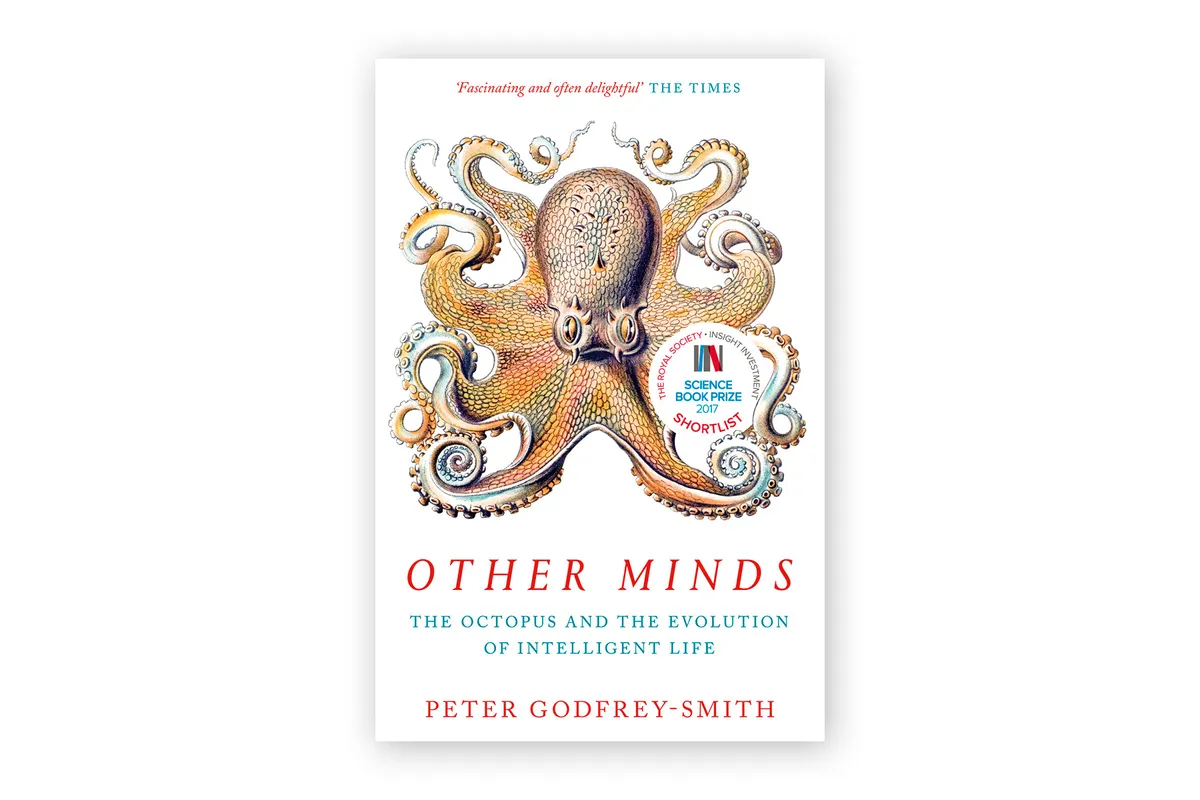
Peter Godfrey-Smith
Cephalopods, including squids, cuttlefish and octopuses, are some of the world’s most bizarre creatures. Lacking bones or an exterior shell, they can change their shape, and thus look a little like some of Gary Larson’s cartoons of aliens. They are also uniquely intelligent, at least compared to other molluscs such as snails and oysters which are not necessarily renowned for their brainpower.
Godfrey-Smith builds a convincing case that intelligent life, therefore, evolved more than once on Planet Earth. He ponders whether consciousness, once thought to be a uniquely human feat, arose early in the evolution of animals as part of the need to interpret one’s sensory input, to flee from predators and locate nutrition.
If Nietzsche were a Narwhal
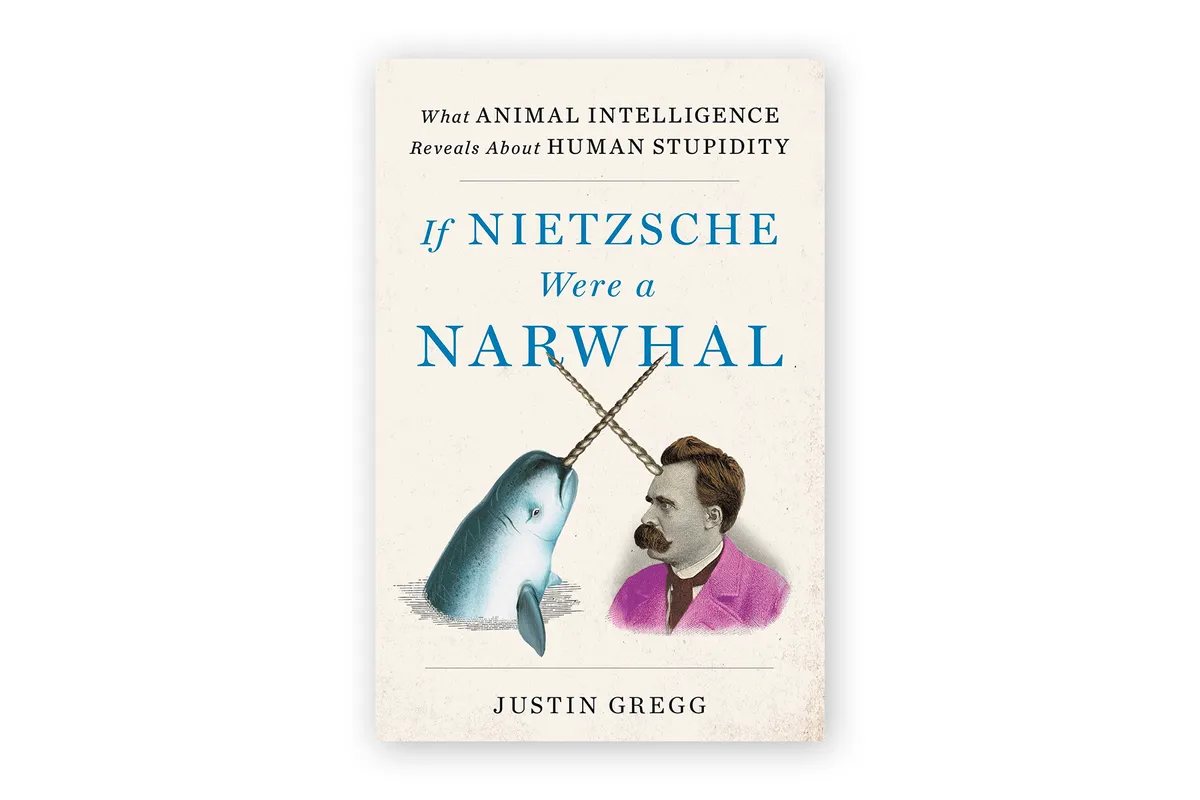
Justin Gregg
This is a beautiful, thought-provoking and often hilarious exploration of this planet’s different kinds of minds. Justin Gregg points out that while many of the hallmarks of human intelligence are also found, in some form, in animals from insects to narwhals, humans are by all means exceptional. But our intelligence is still constrained by our evolutionary history; we may be too intelligent for own good, and too stupid to look after our planet with a sufficiently long-term planning perspective.
Gregg’s magnificent book is a poignant reminder that if we don’t raise our game fast, we might once again cede Earth to the rule of insects and other supposedly less intelligent creatures.
Can Fish Count?
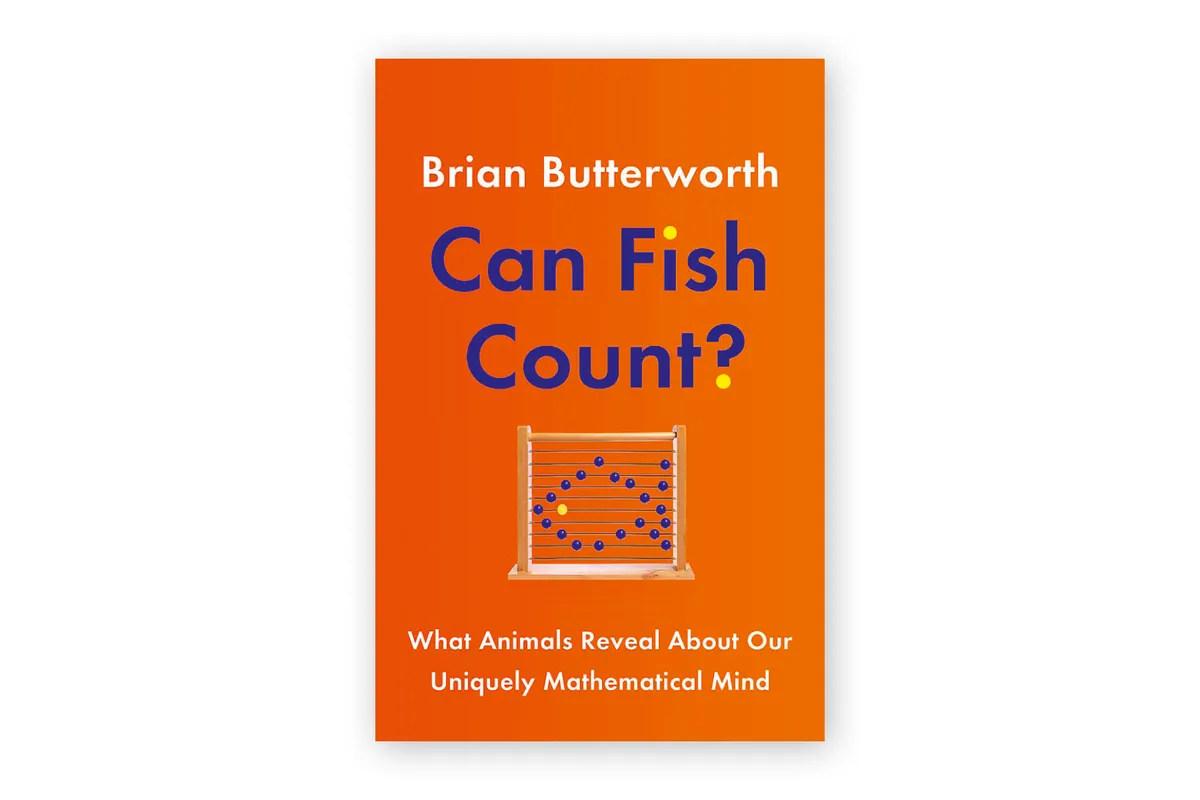
Brian Butterworth
Unlike the other books which broadly cover questions of animal minds, this book is about a specific cognitive capacity: the number sense. The numeracy system that we learned in school appears to many as a pinnacle of human intellect. ButCan Fish Count explores the intriguing ways of counting around the world in Incas, Mayans and Warlpiri, then deep into prehistory to Neanderthals, and to animals as diverse as primates, insects, and – you guessed it – fish.
Brian Butterworth’s fascinating research demonstrates that counting is everywhere and has accompanied us since our Cambrian ancestors. This is probably the case for other aspects of animal intelligence as well: their early roots might date back over 500 million years.
The Mind of a Bee by Lars Chittka is out now (£25, Princeton University Press)
Discover more great science reads: